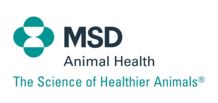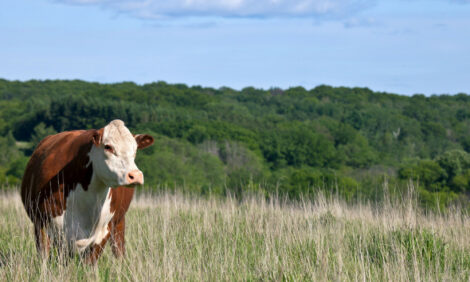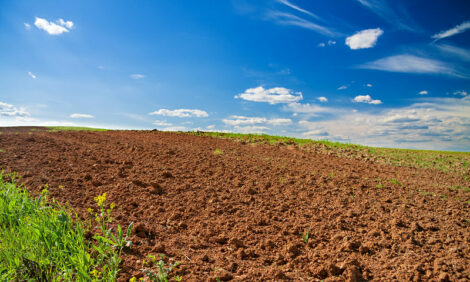



Nationwide Diagnostics Confirm Continuing Leptospirosis Threat
UK - Leptospirosis remains a common threat to dairy and beef herds in Britain, according to extensive new data collected over the last 18 months from the MSD Animal Health EXPERTIS™ BeefCheck and DairyCheck disease diagnostic schemes.This latest data set, taken from 1841 non-vaccinating farms, shows that on average 45 per cent of herds were positive for leptospirosis antibodies, highlighting the importance of vaccination at turnout. When looking specifically at dairy herds, the infection level rose to 58 per cent.
The disease was prevalent in all parts of the country (see disease map), with over 50 per cent of the herds being affected in Wales and large parts of south west, northern and central England.
“Leptospirosis is caused by a bacterial infection, and there are two strains which are known to affect UK herds, L. hardjo prajitno and L. hardjo bovis,” explains MSD technical manager John Atkinson. “In some cases, the effects of an infection can be dramatic. For example, in a recent leptospirosis outbreak in Ayr reported in March this year, 12 cows from a herd of 160 experienced a sudden onset drop in milk production.”
In many cases, however, the disease doesn’t cause these dramatic effects, but it can significantly lower fertility and cause poor calf health.
“Spring turnout is traditionally the time of year to make sure your herd is fully protected against bovine leptospirosis,” he continues “This is because, at grass, uninfected cattle are suddenly exposed to the urine of infected animals that may be shedding the disease. “Moist spring grass is also a favourable environment for leptospirosis to survive outside the host.”
Leptospirosis also infects people, for example through contact with cattle urine. The latest data from Public Health England shows that farmers are at particular risk of contracting this infection, which may cause severe flu-like symptoms that can last for weeks or months.
Vaccination can be carried out with the proven and effective vaccine Leptavoid®-H. This is the only leptospirosis vaccine that is developed from a UK isolate, is licensed to protect against both UK strains, and is licensed to improve fertility, where leptospirosis is the cause. For added convenience and time-saving, Leptavoid®-H can also be given at the same time as Bovilis® BVD, the UK and Europe’s leading BVD vaccine.
Farmers are recommended to contact their veterinary surgeon for advice on how to protect against leptospirosis.
| TheCattleSite News Desk | More MSD Animal Health News |



